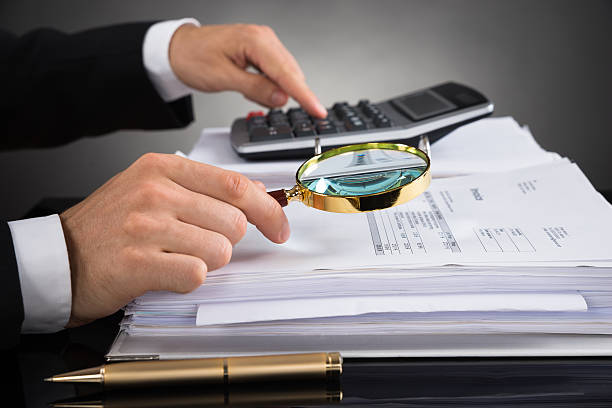I am Mariya Borevich, your personal lawyer. My primary goal is to help clients find optimal solutions to current legal issues, ensuring reliable protection of their interests. I specialize in family, civil, and military law, which allows me to effectively handle a variety of situations and cases. In family law, I provide support in resolving issues related to divorce, property division, establishing and challenging parental rights, alimony, and child custody. I understand that these matters are often emotionally complex, so I always strive to find the most delicate and fair solutions for all parties involved. In civil law, I assist in settling disputes related to contracts, property rights, compensation for damages, inheritance, and other issues concerning the protection of personal and property interests. Special attention is given to military law — supporting servicemen, protecting their rights and interests related to military service, social guarantees, and legal disputes. This area requires deep knowledge and understanding of the specifics of military service and the legislation regulating it.
Searching and checking information about other person or legal entities can be a useful tool for a variety of purposes, from personal interest to professional needs. Here are some key steps and guidelines for such a review:
Determine the purpose of the review: Before you start looking for information, determine what exactly you want to find out. This may include information about criminal history, property, financial status, education or professional experience.
Use available sources: Use available open registries and databases such as government portals, court registers, real estate databases, companies and other sources of information to verify individuals.
Check Basic Details: Start with basic details like name, date of birth, place of residence and make sure they match what you are looking for.
Analyze other information: View other available information such as court history, tax liabilities, ownership, financial status, and more to get a more complete picture.
Work with professionals: If necessary, contact professionals such as attorneys or private investigators who have access to specialized databases and know how to conduct effective background checks.
Maintain confidentiality: Be mindful of the confidentiality of personal information and comply with applicable privacy laws and regulations.
In general, background checks against open registries and data can be a useful tool for various situations, but it is important to follow appropriate procedures and ensure the confidentiality of personal information.
Verifying others against open registries and data can be a difficult process, especially when you have to carefully analyze and interpret the information you find. In such cases, legal aid can be extremely helpful. Here's how a lawyer can help in checking individuals based on open registers and data:
Expert assessment: The lawyer has professional skills and experience in working with legal information and can provide an expert assessment of the data found. They can help understand the legal aspects and implications of the information found.
Search and analysis: The lawyer can perform a detailed search and analysis of the available data, taking into account the importance and confidentiality of the information. They can do this efficiently and professionally using their resources and access to specialized databases.
Legal advice: A lawyer can provide legal advice on the legal aspects of background checks and the use of the information found. They can point out potential risks and recommendations for further action.
Representation in court: In the event of a need for litigation, a lawyer can provide representation in court and protection of the client's interests. They may use the collected information to support their arguments in court and protect their client's rights.
Confidentiality of information: The lawyer is obliged to adhere to professional ethics and ensure the confidentiality of the client's information. They will ensure safe storage and processing of the found information.
Therefore, if there is a need to verify individuals based on open registers and data, cooperation with a lawyer can provide an effective and professional approach to obtaining and analyzing information.
































